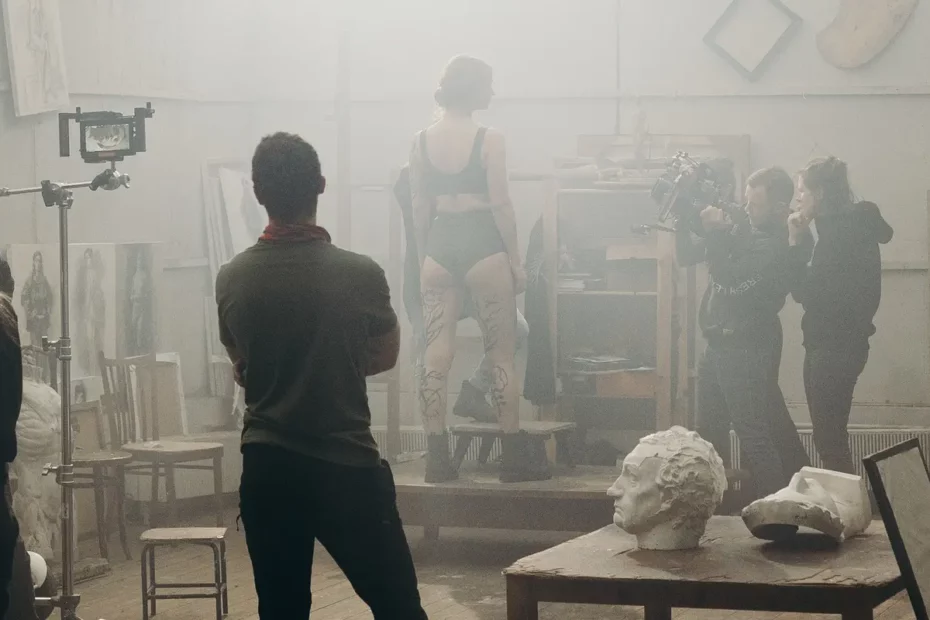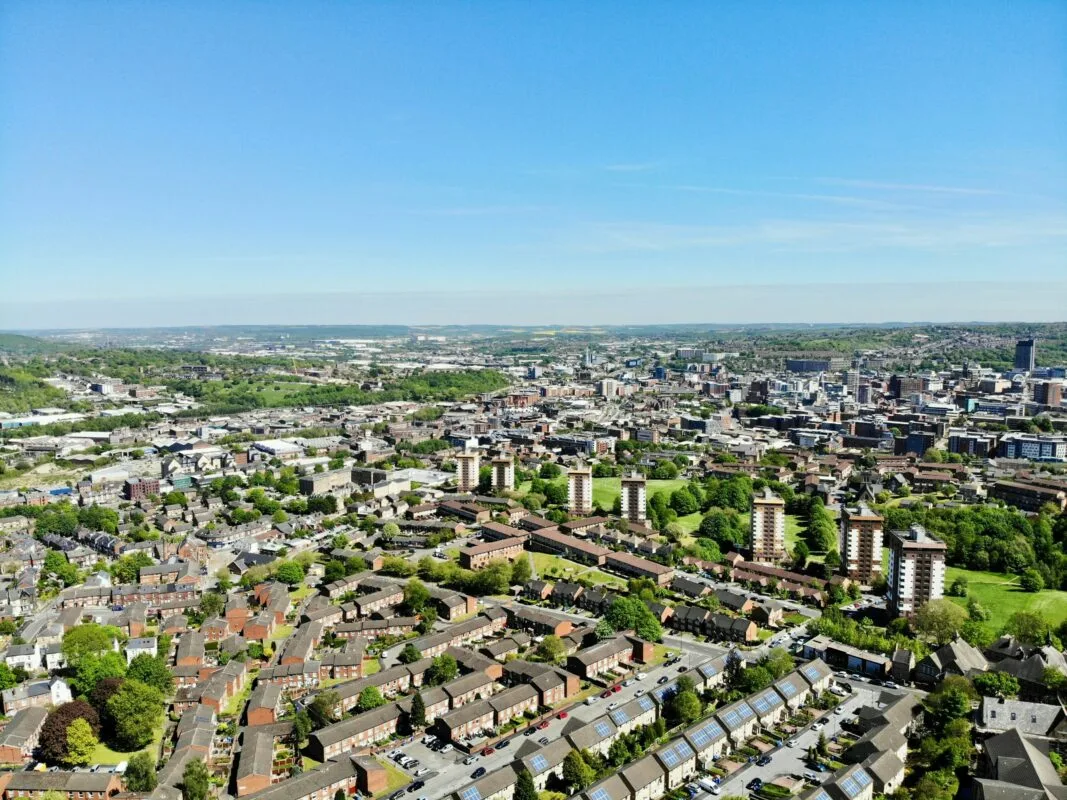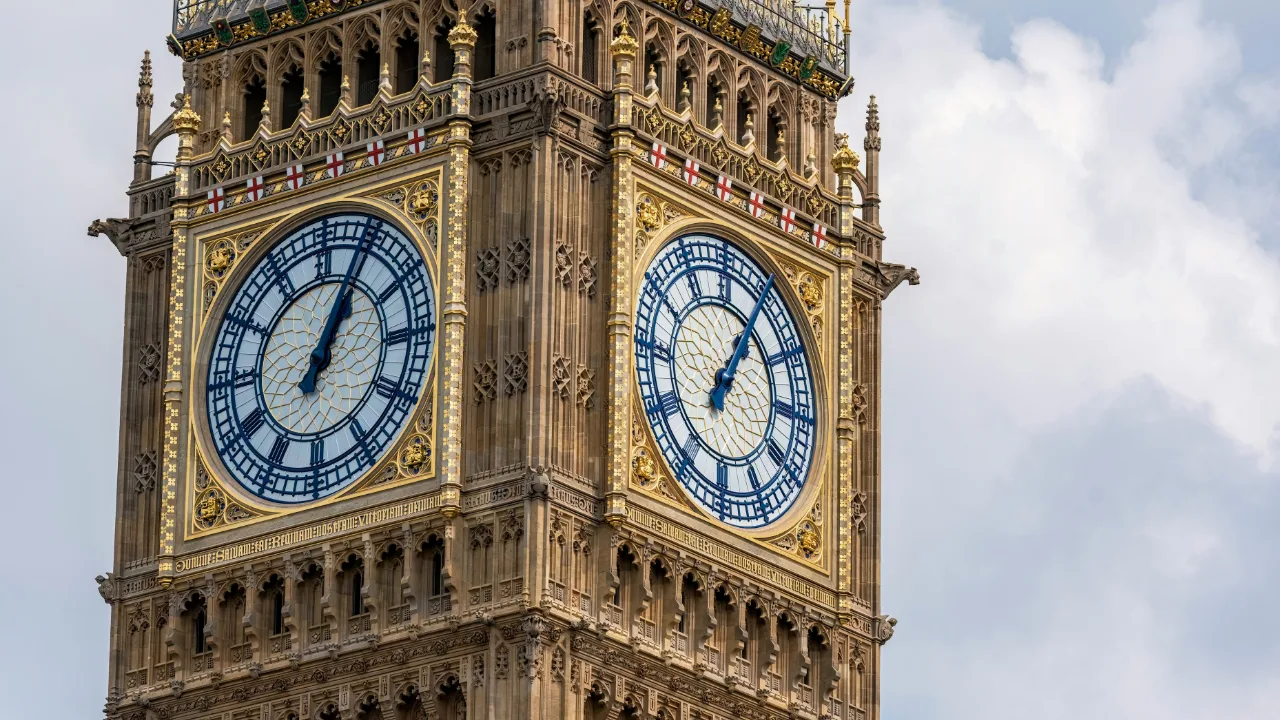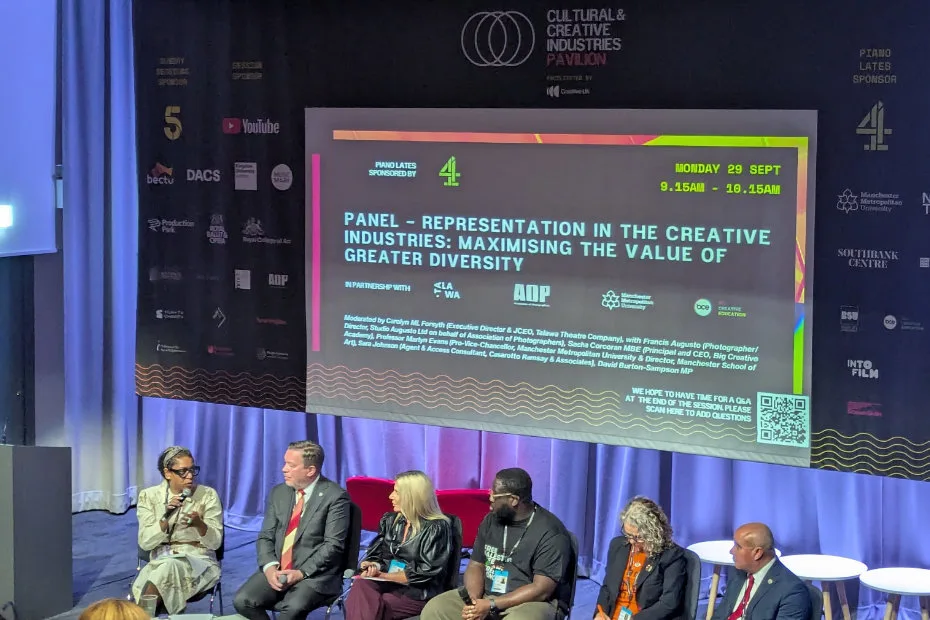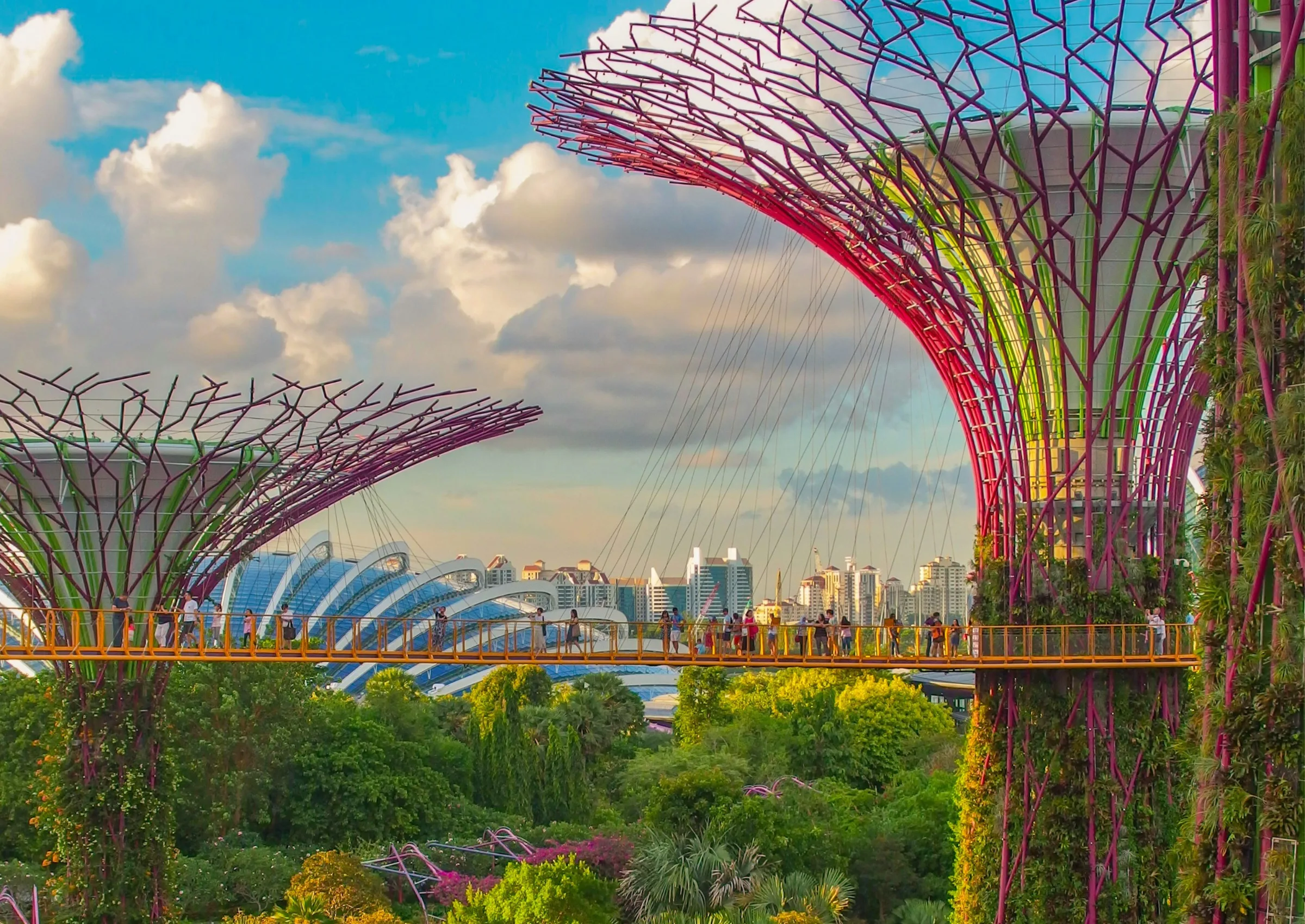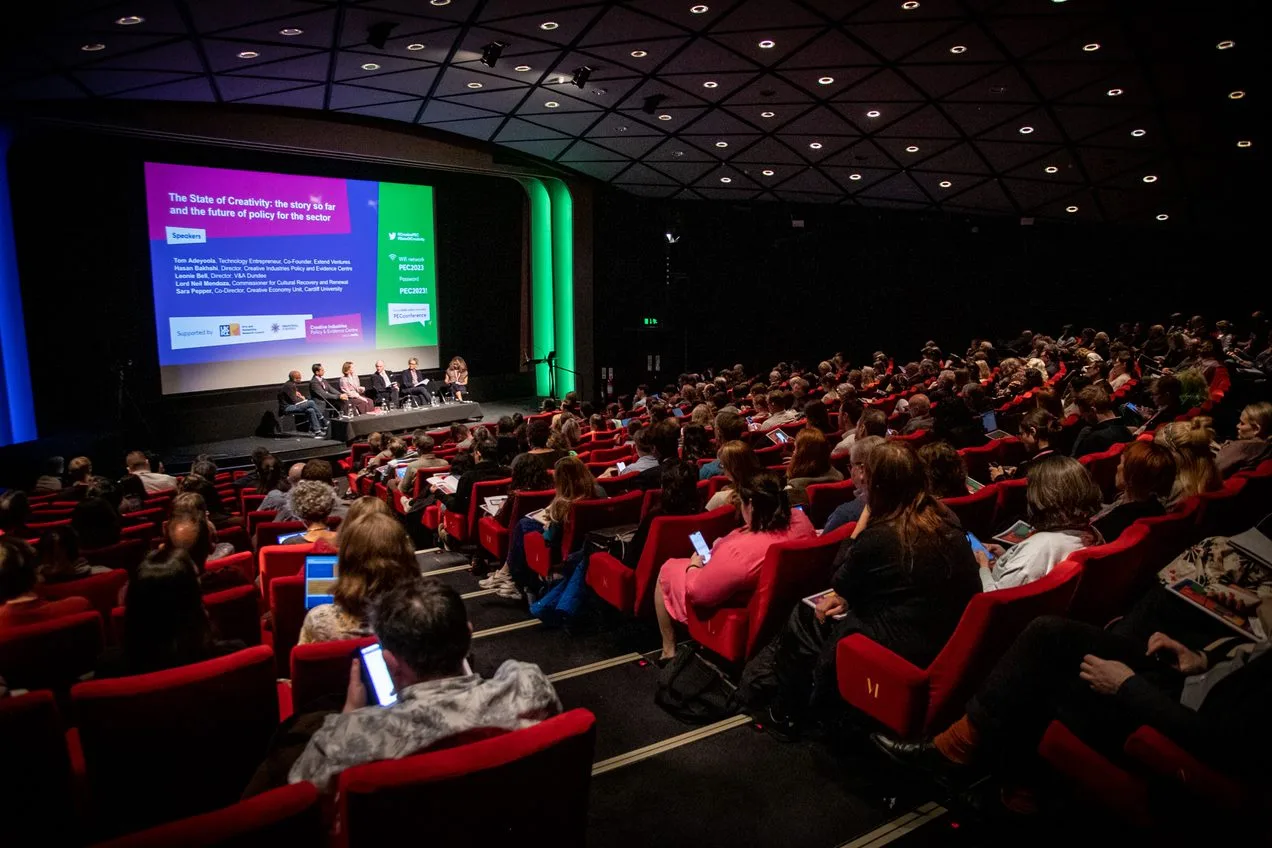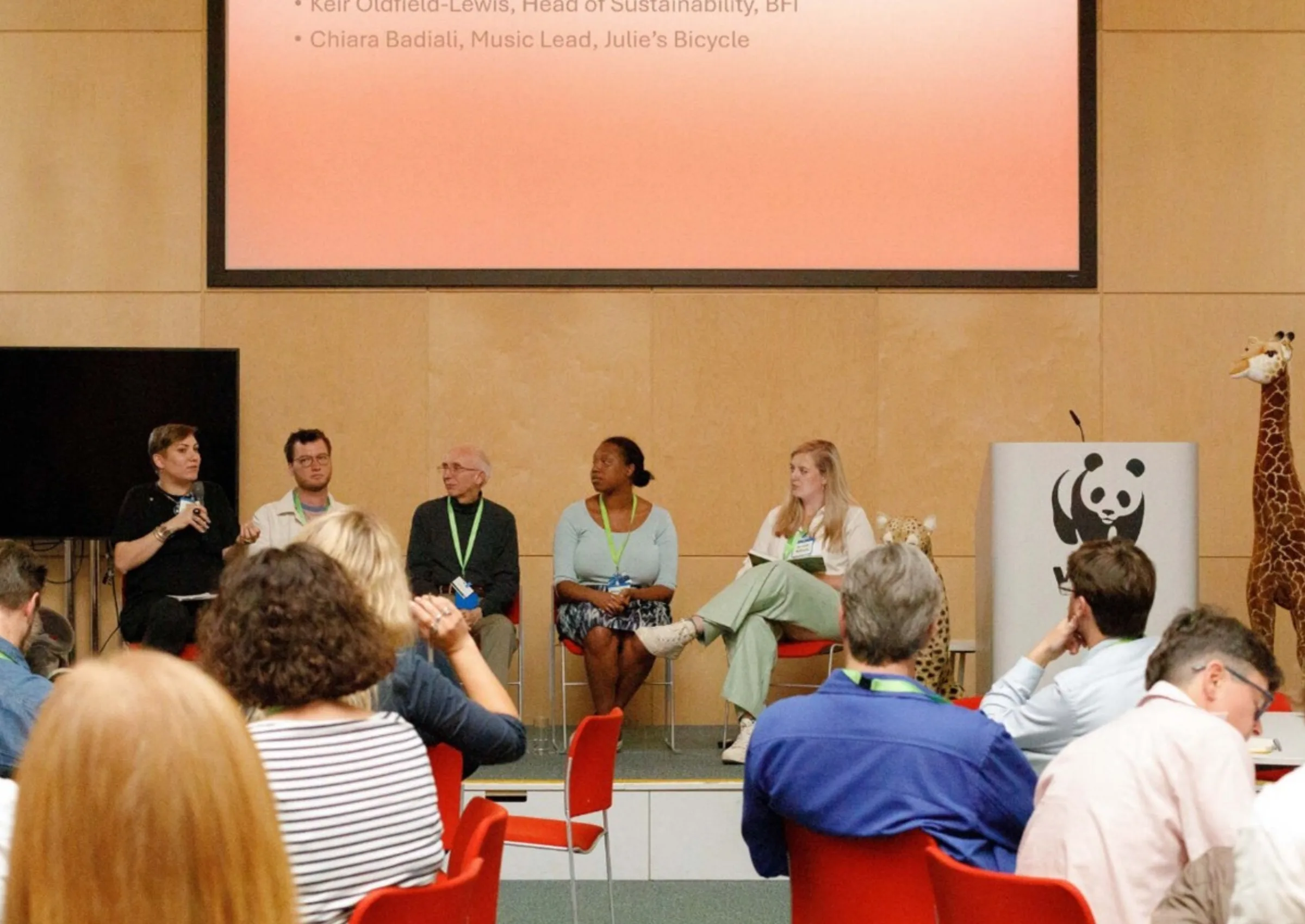The creative industries currently face unprecedented challenges in the face of COVID-19. The news of closures and redundancies, even as cultural consumption has risen in people’s homes, raises profound questions about the future of the sector.
Despite being one of the UK’s greatest success stories, the creative industries suffer structural weaknesses undermining their future potential as drivers of economic growth and new jobs. These issues, present before the advent of COVID-19, are likely to get worse as a result of the pandemic.
Last year we published an evidence synthesis that identified nine critical challenges relating to skills, talent and diversity. These challenges include the devaluation of creative education, precarious work, skill shortages and lack of investment in the workforce, and, perhaps most crucially, the creative industries’ failure to make use of the diverse talent that exists in the UK. Earlier on in the year we blogged about how this lack of diversity in creative industries could be made worse by the impact of the pandemic.
Today we publish new research that has sought to provide an up-to-date picture of workforce demographics in the creative industries. In particular, we consider class and social mobility, and find widespread and persistent class imbalances.
Just 16% of those working in the creative occupations are from working-class social origins. This compares to just under a third of workers across all parts of the UK economy. In contrast, those from middle-class, more privileged, social origins comprise 52% of the creative workforce, compared with 37% of all occupations. These under-representations are persistent. Despite growing awareness of the issue and action by business, government and industry stakeholders to promote greater inclusion, our efforts to date are clearly falling short: the likelihood of someone from a working-class background finding work in a creative occupation has remained largely unchanged over the past five years.
Those from privileged backgrounds are more than twice as likely to land a job in the industry. They are more likely to experience autonomy in their work, to have supervisory responsibility and to progress into managerial positions. They dominate key creative roles in the sector, shaping what goes on stage, page and screen. By contrast in film (16%), advertising and marketing (15%), architecture (12%), publishing (13%), and music, performance, and visual arts (12%) we see the relative absence and under-representation of those from working class origins.
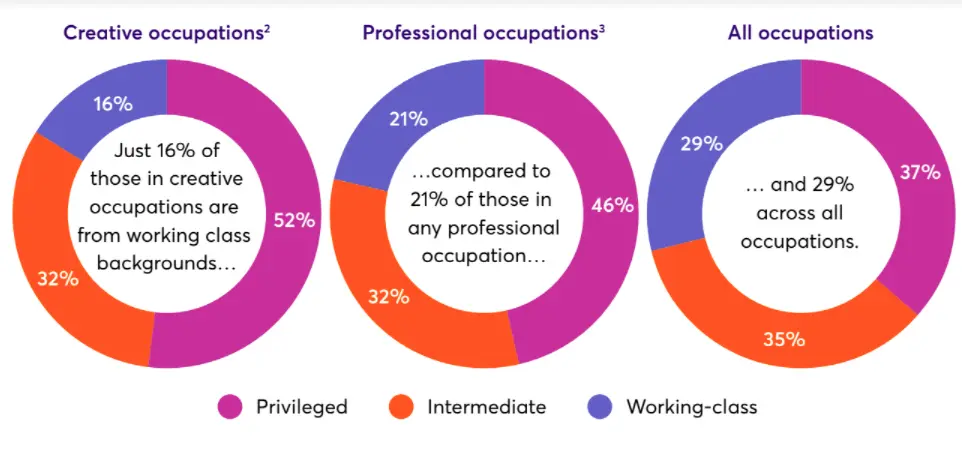
Class inequality also has to be understood intersectionally. Women, people from minority ethnic backgrounds, those with a disability, and those will low skill levels from working-class backgrounds generally experience multiple disadvantages in getting into creative occupations. Men from privileged, middle-class, backgrounds are almost five times more likely to secure work in creative occupations than working-class women. Someone of working-class background with a disability is more the three times less likely than their privileged, able-bodied counterparts to secure job in a creative occupation.
This raises some important questions: Are we fully addressing the underlying causes of socio-economic inequalities in our creative occupations? How can we evolve and enhance our approach so that we’re able to shift the dial on diversity in a significant and sustained way? What will it take to build a genuinely open and inclusive creative economy that creates opportunities for all, maximises talent, and enables all workers to thrive?
The PEC’s Policy Review Series on Class in the Creative Industries seeks to answer these questions. But its aims to go further still. We want to catalyse collaborative action – led by industry, trade bodies, wider stakeholders and Government – to test and trial new policy, programmes and practices that promote inclusion in the Creative Industries; to show leadership as an industry on the vital issue of social mobility in the UK.
Even before COVID-19, the industry was recognising a need to address these issues, and the pandemic has in many ways only served to emphasise the vulnerabilities such practices create. As we look to rebuild the sector, now is the time to consider how we can address long-standing structural weaknesses. How we can build a more inclusive creative economy. How we can unlock the potential of the creative sector to support recovery and promote greater social mobility.
Engagement is a central part of the PEC’s approach, and we recognise that we are not starting from a blank canvas here and that much work is already underway. We will only be successful in achieving the ambitious aims of this Programme if we build on existing insight, seek to enhance the current approach, and work in partnership with wider stakeholders that share our commitment to supporting the ongoing success of the Creative Industries.
We are inviting Government, Industry and Occupational bodies, businesses, and other industry stakeholders to work with us on this vital programme. Over the next two years, we will lead a programme of work to test and trial new policy, programmes and practices that promote a more diverse and inclusive creative economy and will show leadership as an industry on the vital issue of social mobility in the UK.
As part of this work, we will undertake ‘deep-dives’ into specific sub-sectors and occupations in the creative economy to: develop rich insight and hear real-life stories; surface the distinct circumstances and challenges evident in particular parts of the sector; and explore what policy, programmes and practices might work best in these areas. We’re delighted to already have the support of a range of project partners and advocates. The first ‘deep-dive’ will focus on the UK screen industries, in partnership with ScreenSkills, the skills body for UK’s screen industries. The research will be UK-wide and will also work with wider industry stakeholders including Pact, British Film Institute, UK Screen Alliance, Access VFX, Animation UK, and Screen Industries Growth Network-Yorkshire.
In working together, we will be able to maximise the depth, reach and impact of the research; collectively driving significant and sustained change; to shift the picture of class in the Creative Industries; and help to rebuild a more inclusive creative economy. Please get in touch if you’d like to engage with us on this vital programme of work.
Read the report summary with five key facts about class in the creative industries and the full report.
Photo by cottonbro
The PEC’s blog provides a platform for independent, evidence-based views. All blogs are published to further debate, and may be polemical. The views expressed are solely those of the author(s) and do not necessarily represent views of the PEC or its partner organisations.
Related Blogs
Research resources on Creative Clusters
We’ve collated recent Creative PEC reports to help with the preparation of your Creative Cluster bid…
What UK Job Postings Reveal About the Changing Demand for Creativity Skills in the Age of Generative AI
The emergence of AI promises faster economic growth, but also raises concerns about labour market di…
Creative PEC’s digest of the 2025 Autumn Budget
Creative PEC's Policy Unit digests the Government’s 2025 Budget and its impact on the UK’s creative …
Why do freelancers fall through the gaps?
Why are freelancers in the Performing Arts consistently overlooked, unseen, and unheard?
Insights from the Labour Party Conference 2025
Creative PEC Policy Adviser Emily Hopkins attended the Labour Party Conference in September 2025.
Association of South-East Asian Nations’ long-term view of the creative economy
John Newbigin examines the ASEAN approach to sustainability and the creative economy.
Culture, community resilience and climate change: becoming custodians of our planet
Reflecting on the relationship between climate change, cultural expressions and island states.
Cultural Industries at the Crossroads of Tourism and Development in the Maldives
Eduardo Saravia explores the significant opportunities – and risks – of relying on tourism.
When Data Hurts: What the Arts Can Learn from the BLS Firing
Douglas Noonan and Joanna Woronkowicz discuss the dangers of dismissing or discarding data that does…
Rewriting the Logic: Designing Responsible AI for the Creative Sector
As AI reshapes how culture is made and shared, Ve Dewey asks: Who gets to create? Whose voices are e…
Reflections from Creative Industries 2025: The Road to Sustainability
How can the creative industries drive meaningful environmental sustainability?
